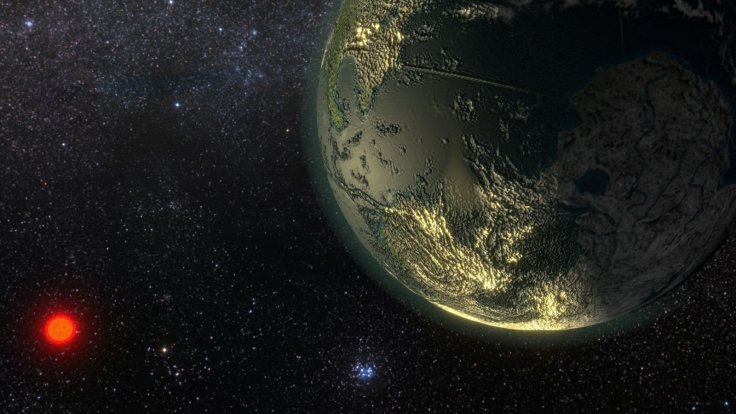
Several space scientists believe that the presence of water on distant planets might be an indication of alien life thriving in these distant space bodies. But now, a new study conducted by a team of researchers has suggested that the mere presence of water in distant space bodies will not contribute to life.
The study published in the journal Nature revealed that signs of life are less in Ethiopia's Danakil Depression, an extreme location on earth which is home to the world's most acidic, saltiest and superheated water. This finding indicates that the mere presence of water is not sufficient enough to harbor alien life, and there are many contributing factors necessary to support life on planets.
It should be noted that the most hostile environment bogus evidence in the form of biomorphs or silica-based grains that resemble small cells. Scientists who conducted the study suggested that probes landing on distant planets might fool experts due to the discovery of these so-called grains of proof of life. In other words, it can be explained that scientists need to double-check the conditions on the planets with water before making a conclusion regarding the existence of alien life.
"We detect active silica encrustment/fossilization of cells but also abiotic biomorphs of varied chemistry. Our work helps to circumscribe habitability and calls for cautionary interpretations of morphological biosignatures on Earth and beyond," wrote the researchers in the study's abstract.
Several experts also believe that life on earth is carbon-based, but this will not be the same on other planets. As per the study report, alien life forms may thrive in harsh conditions on other planets that may kill the living beings here on earth. In the same manner, alien life may not survive in the conditions on earth which is suitable for living beings here.
A few weeks back, another study conducted by researchers at the University of California, Los Angeles (UCLA) had suggested that Earth-like exoplanets are quite common in the universe. Scientists who took part in this study believe that alien life can be discovered in one such exoplanet that may be currently lying in the habitable zone.









